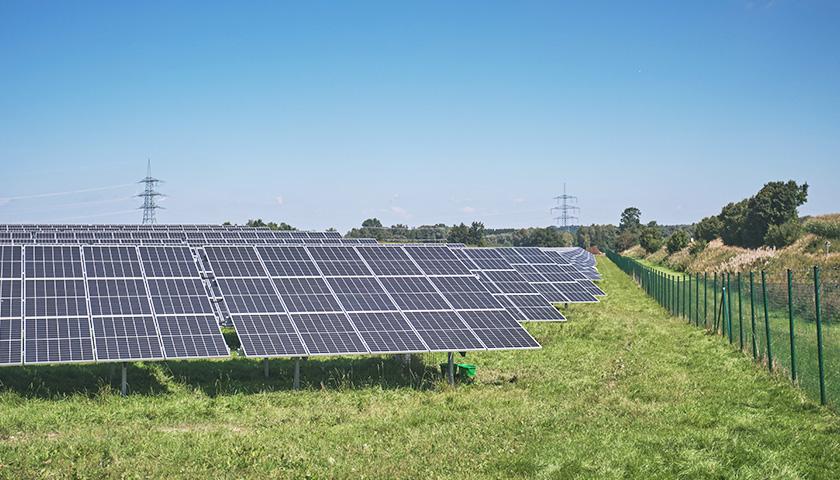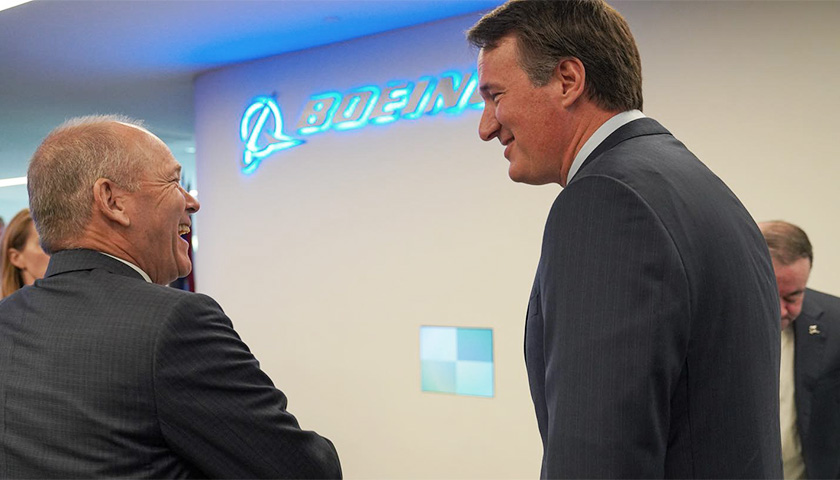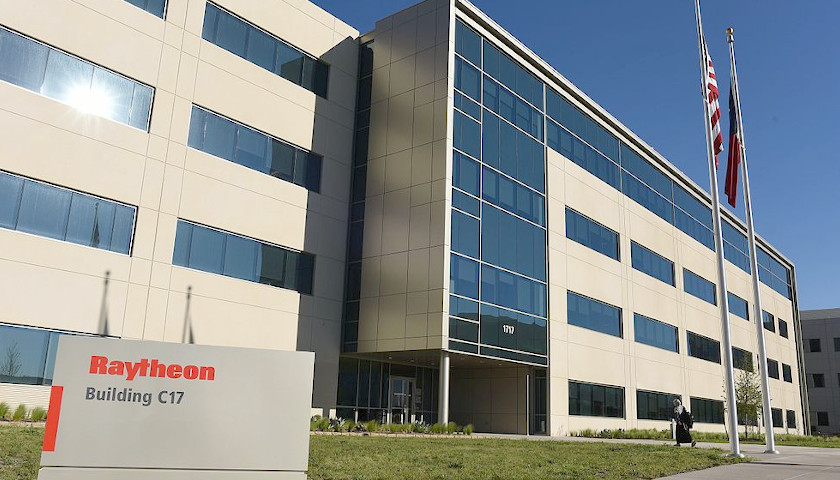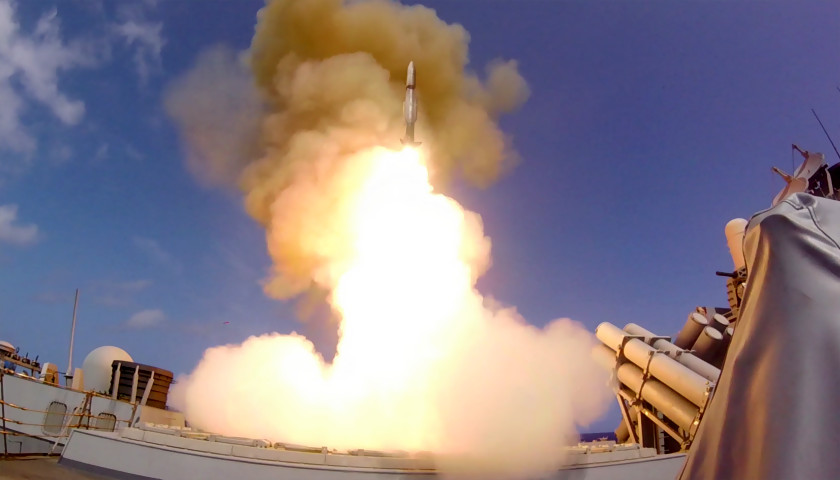by Jason Cohen China has implemented export limits on two metals utilized in the manufacturing of computer chips and other valuable technological devices, according to an announcement by the country’s Ministry of Commerce on Monday. The export restrictions on gallium, germanium and their corresponding chemical compounds will officially take effect at the beginning of August, according to the announcement. The controls may increase expenses for hardware producers and exacerbate geopolitical tensions surrounding the competition for groundbreaking computing technology, according to Bloomberg. In addition to computer chips, manufacturers use gallium and germanium for a vast array of devices including solar panels, lasers and night vision goggles, according to Bloomberg. China is the primary producer of these metals based on its portion of worldwide mining and exporters will require a license to export them, according to the announcement. The U.S. also relies on China for medical supply chains and the CEO of U.S. defense contractor Raytheon technologies told the Financial Times it would be impossible to break all ties with China. President Joe Biden’s administration is weighing limits on U.S. exports of artificial intelligence chips to China, The Wall Street Journal reported. Similarly, they would require exporters to have a license. This move would follow measures the Biden administration implemented in October to curb U.S. chip sales to…
Read the full storyTag: Raytheon
Youngkin Nixes Ford Battery Plant Over Partnership with Chinese Company
Governor Glenn Youngkin blocked Virginia from consideration for a battery plant to supply Ford Motor Company amid concerns about the technology supplied by a Chinese company, he told reporters on Wednesday.
In a press gaggle, Youngkin criticized a clean energy push that relied on technology “owned and dominated by the Chinese.”
“Well, we in fact felt that the recent efforts to put forward a Ford plant that would house Chinese technology to build the batteries was in fact representative of that. And that we felt the right thing to do was to not recruit Ford as a front for China to America. Let’s develop our own technology,” Youngkin said after his State of the Commonwealth speech.
Read the full storyVirginia Finished Fiscal Year 2022 with $1.94 Billion Surplus
Virginia’s Fiscal Year 2022 General Fund revenues finished with a $1.94 billion surplus, after finishing Fiscal Year 2021 with a $2.6 billion surplus, the largest in Virginia’s history.
“While I am pleased that our additional revenue can be reinvested in Virginia, the Commonwealth’s general fund revenue surplus confirms that Virginians have been overtaxed for way too long,” Governor Glenn Youngkin said in a Thursday evening announcement of the 2022 surplus.
Read the full storyYoungkin, Kaine, Warner, and Beyer Celebrate Boeing’s Relocating Global Headquarters to Virginia, Partnership with Virginia Tech
Governor Glenn Youngkin, Senators Tim Kaine (D-VA) and Mark Warner (D-VA), and Representative Don Beyer (D-VA-08) spoke at a Monday ceremony celebrating Boeing’s relocating its headquarters to Arlington and its partnership with Virginia Tech’s Innovation Campus in Arlington.
Youngkin said that when Boeing announced its move to Virginia in May, “I was particularly proud because when we went to work on January 15, we talked about Virginia being open for business. We talked about Virginia raising standards and expectations and education. We talked about Virginia being the best place for our veterans to live and work and raise a family.”
Read the full storyRaytheon Moving Headquarters to Virginia
Raytheon Technologies is moving its global headquarters to Arlington, Virginia, the company announced Tuesday.
“The location increases agility in supporting U.S. government and commercial aerospace customers and serves to reinforce partnerships that will progress innovative technologies to advance the industry. Washington, D.C. serves as a convenient travel hub for the company’s global customers and employees,” a press release states.
Read the full storyU.S. OKs Possible $314M Missile Deal for S. Korea
Reuters The U.S. State Department has cleared $314 million in possible sales of air defense missiles to South Korea, the Pentagon said,as tensions re-emerge on the Korean Peninsula. South Korea, a key Asian ally of the United States, asked to buy up to 94 SM-2 missiles used by ships against air threats, along with 12 guidance systems and technical assistance, for a total cost of $313.9 million, the U.S. Defense Security Cooperation Agency (DSCA) said on its website. The agency, a unit of the Department of Defense, delivered certification on Thursday notifying Congress of the possible sale. The proposed sale, announced Friday by the Pentagon, comes after North Korea recently criticized South Korea’s defense purchases from the United States, including the arrival of the first F-35 stealth aircraft. With denuclearization talks stalled after a second summit between North Korea and United States broke down in Hanoi in February, North Korea went ahead with more weapons tests this month. The reclusive North and the rich, democratic South are technically still at war because their 1950-53 conflict ended in a truce, rather than a peace treaty. South Korea already uses SM-2 missiles developed by Raytheon Co., but is building more missile…
Read the full story





